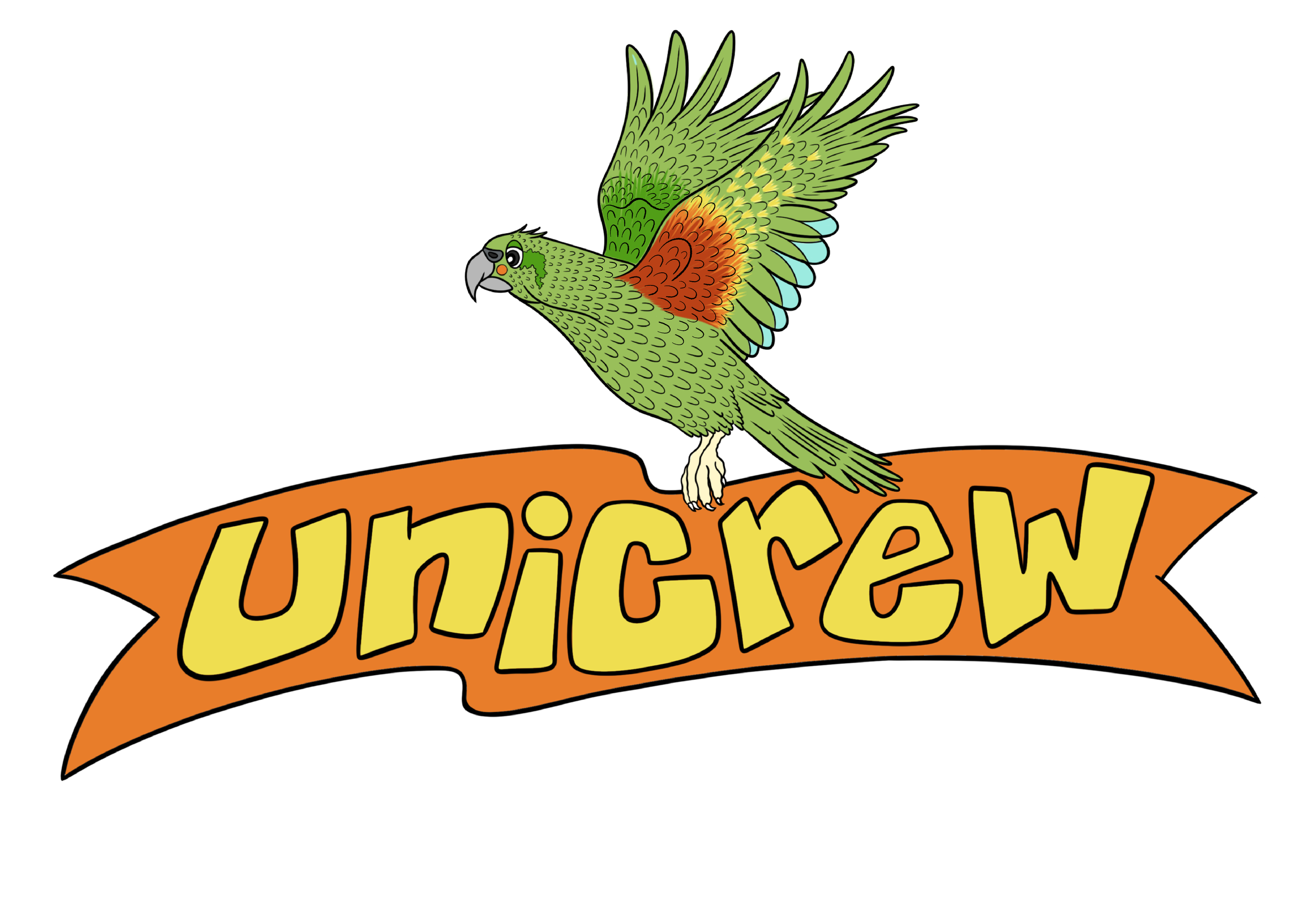Louisa on Anxiety NZ and Whatever It Takes Trust
A conversation with my mum prompted me to apply for volunteer roles at Anxiety NZ Trust and Whatever It Takes Trust in summer of 2021. After discussing my ever-evolving career aspirations, and continued interest in the mental health sector, my mum advised me to get work experience to determine whether it was the right path for me. As a health practitioner trained in psychiatry, and of course a mother, her advice was excellent. Subsequently, I reached out to both organisations and that summer I trained as a volunteer for ANZT and began work at WITT.
Whatever It Takes Trust is a peer support organisation that works with those struggling with mental health disorders or substance abuse. Although I applied to volunteer, I was fortunate enough to score a paid role at the WITT Lighthouse. The Lighthouse is a peer support centre where whaiora can come in to connect, have a meal, and engage with others in many different activities. My role was awesome; I chatted with our whaiora, helped the team leader prepare lunch, sang karaoke very badly, learned some te reo, and got annihilated in chess; it honestly did not feel like work. For seven hours, five days a week I got to hang out and talk - both specialties of mine. I felt very lucky to have it as a summer job for the next two years.
On the other hand, volunteering on a national anxiety helpline was something I never envisioned for myself, yet, this summer will mark my two year anniversary at Anxiety NZ Trust (ANZT). ANZT Helpline is a free nationwide service operating 24/7 to offer help for any type of anxiety as well as people supporting friends or family with anxiety. It’s also the only service of its kind in NZ! Initially, I was apprehensive at the responsibility the role posed. However, my nerves were soon calmed by the incredible ANZT team. Since joining, I have felt supported and prepared for each shift. Having an assigned buddy during my initial shifts and knowing clinical backup is only a call away has been thoroughly reassuring. Additionally, the tips I received from more experienced volunteers during training and our monthly team meetings proved invaluable to my confidence on the line.
I was quite surprised at how easy volunteering is to fit into my regular routine. Fortnightly shifts protect me from overworking or burnout, and the ability to volunteer from my room with no more equipment than my phone makes it an extremely accommodating way to volunteer. As the helpline operates 24/7, there are plenty of hours to cover, including the overnight hours, which I opted to cover. My regular shift starts at 11 pm and finishes at 8 am. Although my friends and family think that choice is ever so slightly bonkers, it’s actually very convenient for a university student with a tendency for cramming. Also, the best part is volunteers aren’t required to stay awake the entire shift. So when I don’t have an assignment to furiously type up, I catch up on sleep between calls. The number of calls, and therefore sleep, varies each shift. Some nights I’ve had up to nine calls in one night and other times I haven’t even had one!
My experience with each organisation has taught me so much in such a short period of time. At first, I doubted my capabilities of being a calming and supportive presence, given I had never been described as the former. However, encouragement from my family and members of both organisations pushed me to at least give it a go - and I’m so glad I did. From ANZT I learnt useful strategies for dealing with my own anxious feelings, and the power of validation or a listening ear in even the most stressful of situations. WITT has taught me how to engage meaningfully, as well as how to balance boundaries within peer support. Both organisations have allowed me the opportunity to connect with and help people all across Aotearoa and given me greater insight into the mental health system. Although some shifts can be quite tough mentally, the unwavering support from the team makes all the difference. Observing the noticeable reduction in callers anxiety and singing duets with whaiora is an unbeatable feeling - filling up someone else’s cup is always a surefire way to fill yours.
All in all, my time at both organisations has been a truly rewarding and valuable learning experience. It has further instilled in me the importance of giving back as it benefits the community as well as the volunteer! And whilst ‘calming’ may not be a word typically associated with me by those in my daily life, this experience has shown me that anyone is capable of providing comfort and support to those who need it. This is why I would encourage anyone reading this to give volunteering a go. Don’t worry about being the perfect person for the role, all you need is the desire to help those around you and you will do great.


